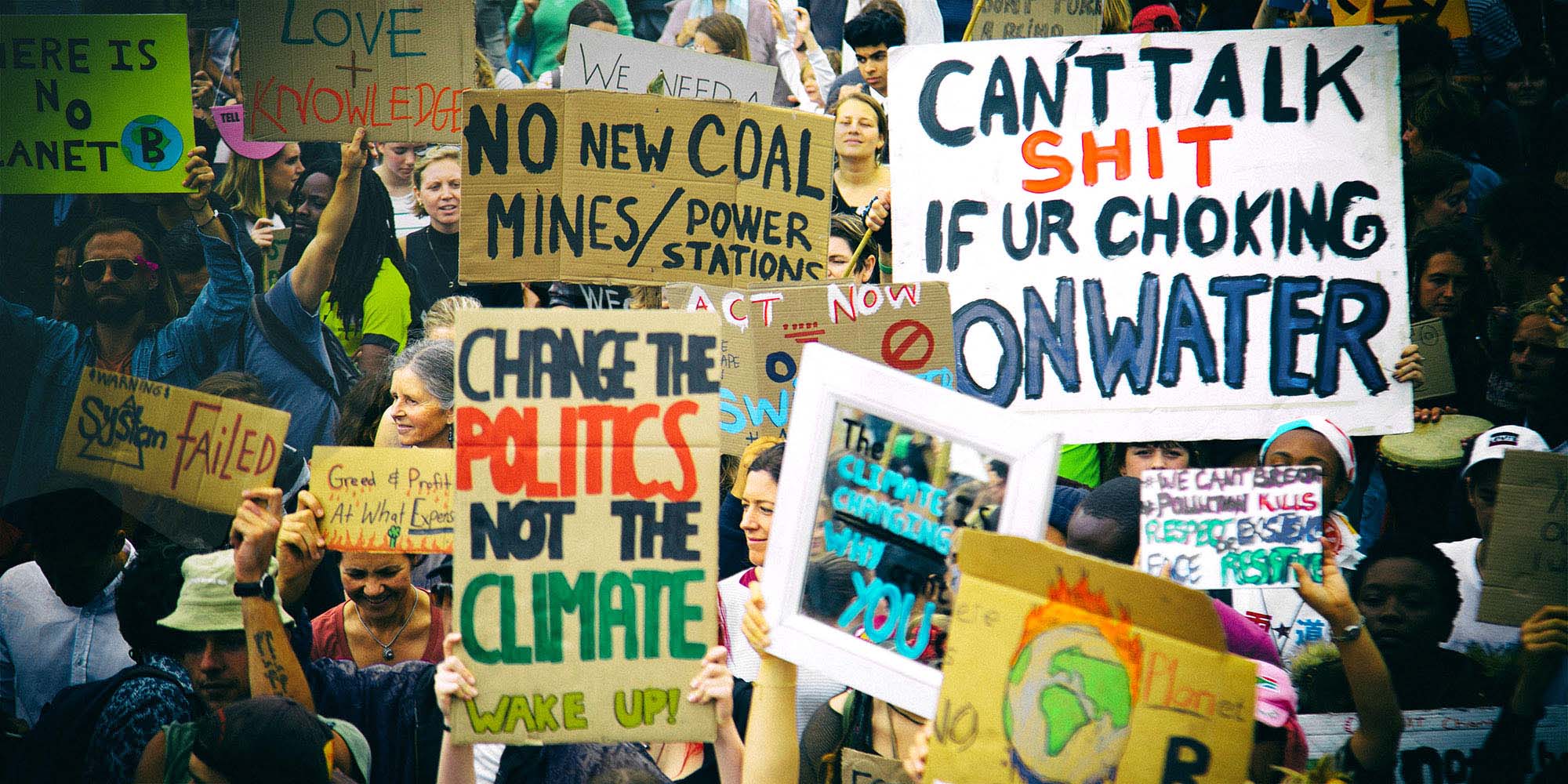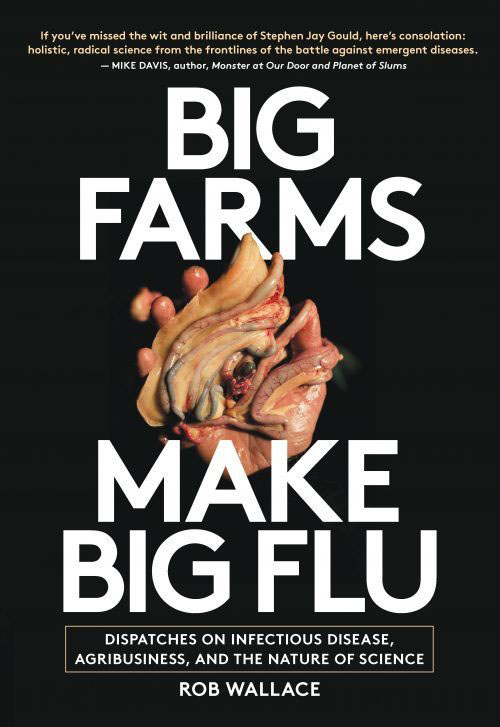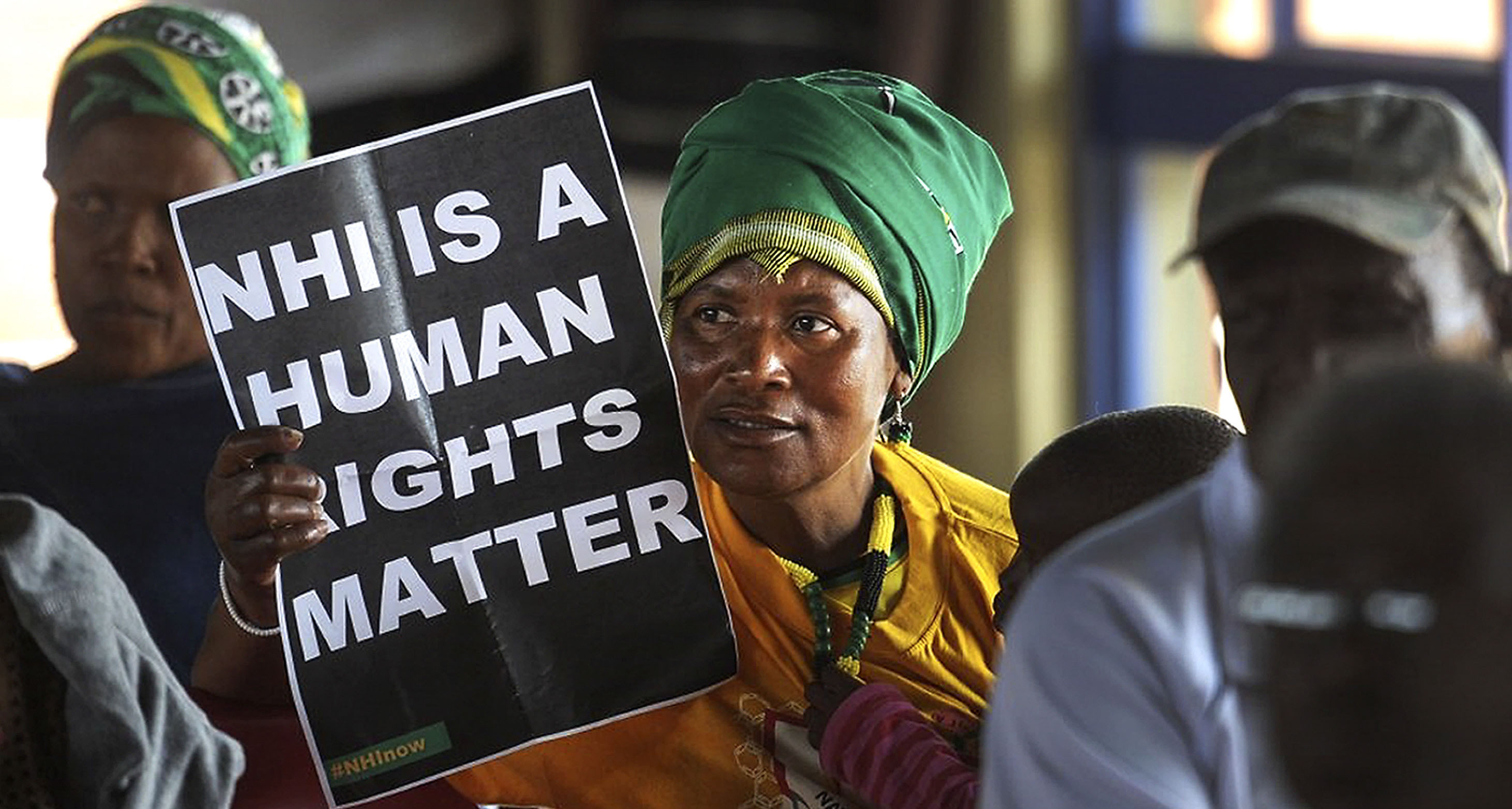CLIMATE JUSTICE CHARTER OP-ED
The struggle for health and climate justice in South Africa must put people before profits

Recent climate and ecological disasters have caused deaths, injuries, diseases and a measured increase in psychological stressors in a direct and dramatic way. At the same time, there is a less visible, but creeping rise and geographic spread of infectious diseases like malaria, cancers from toxic waters and soils and respiratory diseases from air pollution.
We have reached the tipping point where the earth’s ecological systems cannot rebalance and extreme weather patterns are unleashing fires, floods, droughts and famines.
The climate crisis is a global phenomenon and its storms know no national borders or frontiers. Nation states are mistaken in thinking they can insulate themselves from other parts of the world. But, while no one is immune, it is vulnerable and often marginalised groups in society; women, children, elderly, disabled, black people and people in poverty — of both the poorer nations and within richer nations — who are disproportionately affected.
As well as the direct impacts of climate breakdown, we are witnessing the profound effects of inequitable access to resources such as water and food. One of these is the tragic forced internal and cross-border migration of millions of people.
We still have the capacity to feed everyone on the planet, but greed and corporations’ lust for power have skewed the distribution so much that millions starve unnecessarily.
Some people are tricked into a sense that climate “change” and global “warming” (sounds nice) belong to a distant future, or cannot be that serious. Yet others — young people in particular — are flummoxed as to why this mad destruction of the earth is allowed to continue.
This lunacy is maintained, in part, answers writer Amitav Ghosh in his latest book “The Nutmeg’s Curse”, because of the sense of innate superiority the world’s billionaires and captains of industry have.

Thousands of citizens and activists marched to Parliament in Cape Town on 20 September 2019, forming part of a global movement demanding an end to the age of fossil fuels. (Photo: Leila Dougan / Daily Maverick)
Their 19th-century colonial thinking is that only far-flung (from them) corners of the world will be affected and that their billions or their birthright will continue to protect them from climate disasters.
Disturbingly, one or two billionaires have even muttered about establishing extraterrestrial colonies.
The ANC has adopted the view, made popular by colonial powers, that man’s task is to dominate and lord it over this planet, to treat the earth’s resources as if they were infinite and there to be exploited for maximum profit.
Indigenous leaders have often pointed out that this is dangerous thinking.
The Earth, they say, is not a resource but a relative — mother river, brother bear, sister human and so on. When we view the earth as a resource it can only be exploited, but as a relative, we can receive and give care, and we are less likely to want to kill it.
The indigenous people of the world make a good point, which resonates with the World Health Organization’s One Health approach. One Health understands that we — microbes to humans, rivers, animals and plants — are all connected and interdependent. The One Health model recognizes that we need an integrated approach to prevent further zoonotic outbreaks such as Covid-19.
Evolutionary epidemiologist Rob Wallace, who foresaw the Covid pandemic emerging from the environmental crises and the global economic practices, has predicted further epidemics.

(Photo: Wikipedia)
He also found that susceptibility to illness among farmed animals has increased and, in his book “Big Farms Make Big Flu”, states that spillover into human and other animal populations is inevitable if agribusiness continues as it is.
The widespread antibiotic resistance (when bacteria change after being exposed to antibiotics), which is driven by agri-industry farming methods and by irresponsible use by doctors, will cause huge problems when effective antibiotics become a critical need.
Capitalism in its current form, which includes unrestrained mineral extractivism, has spawned many depraved and paradoxical issues — like obesity (due to too many empty calories) amid malnutrition; like air we cannot breathe — good for the sellers of bronchodilators; and water we cannot drink — good for sellers of bottled water to wash down a pill for every ill.
‘Mammoth effort’ and R8-billion needed to clean up SA’s stinking sewage and wastewater crisis
Planetary health = human health
Human health is inextricably linked to planetary health as a whole. Some people may be able to protect themselves temporarily, but ultimately all life is at risk.
A market-driven healthcare system is bad for healthcare outcomes and is a major contributor to carbon emissions.
The way we mismanage our healthcare systems today affects the planet’s health and ours. Market-based healthcare is a significant contributor to carbon emissions.
A market-driven system is chaotic, thus cannot respond to changing health needs — it cannot provide the coordinated response required for sudden or evolving emergencies. It is also severely constrained in what it can offer since it works for profit and not for public good. And there certainly are mega-profits to be made.
The pharmaceutical industry is the second-biggest most profitable sector globally, yielding 19.1% returns (second only to the mining industry at 19.8%). These attractive profits perpetuate a system that is inadequate for people — but beneficial to the “industry”.
We need resilient healthcare systems driven by need, not profit.
While the World Bank, IMF and the WHO all correctly call for resilience in healthcare systems, they fail to see that a market-driven healthcare system cannot be resilient and needs-driven.
NHI or NHS?
We need to discuss whether we want an NHI or an NHS.
For NHI, the government finances healthcare through taxes and pays private providers for services. This means that the services are less responsive to the needs of the people and more responsive to the markets, which are more profitable.
An NHS is where the government finances healthcare through taxes and manages the healthcare infrastructure. It can be more responsive, less fragmented and wasteful, and more equitable.
Prof Allyson Pollock has studied the effects of private-public partnerships — aka privatisation via stealth — on the UK’s National Health Service. The belief of big business — that the path to greater efficiency lies in privatising healthcare services — is a myth.

(Photo: Rosetta Msimango / Spotlight)
Pollock found instead that the UK’s National Health Service has suffered fragmentation, looting of government coffers on a grand scale, and overall more expensive services which are poorer in quality. This also means they have a larger carbon footprint.
The Climate Justice Charter Movement of South Africa represents a wide range of South Africans, but especially poor and marginalised people. They have recognised that health — even life — is immediately and currently affected by climate harms.
The Charter calls for a responsive health system designed to meet the needs of the people instead of a profit-making system. The Charter also clearly states the steps that should be taken for the prevention of illness — access to food, a water commons, clean air and adequate housing with sanitation.
Prevention is better than cure
The global crises mean we need to reprioritise healthcare needs nationally.
Preventative health policies are essential. The mainstay of preventative health is adequate nutrition, both in quality and quantity. We cannot provide this by doing things under the old or new normal.
We need new, imaginative approaches, from the provision of subsidised food to encouraging small-scale farming, promoting indigenous foods, better soil and seed care, eating less intensively farmed meat, and increasing sugar taxation.
In addition, a radically new approach with more meaningful public involvement and investment will stimulate hope for the future. This is crucial since it is when we cannot make sense of suffering that we lose hope — inevitably, mental health and resilience suffers.
We need to make choices — do we prioritise scarce water supplies for industry or for living things? Do we want economic growth or societal development?
We urgently need universal access to clean water. This includes demanding that pharmaceutical companies take responsibility for keeping metabolites of certain medications out of the water supply. The end products of hormonal medicines and, importantly, drugs used in psychiatric practice, are passed into the water supply during urination and cannot be filtered out.
This contaminated water is drunk by our children and by animals.
Studies have found antidepressant medicine metabolites in previously pristine waters, where fish are displaying behaviours affected by these products of the drugs.
Again, we are all connected and affected by each other’s actions.
Education and increased democracy (from neighbourhood to national) not surprisingly feature as key factors in preventative health. None of this is new — Rudolph Virchow, in 1848, when reporting about the typhus outbreak in Upper Silesia, concluded the same thing. But not one of these preventative health measures yield a 19.1% profit.
The massive profits of the healthcare industry have made it a target for state capture of healthcare institutions.
But the looting has triggered calls for more money to be thrown at the problem, only to see it stolen again — leaving us with an increasingly fractured and dysfunctional healthcare system that is unable to deal with the coming climate crises.
Alternatively, we could — by reducing or eliminating the profit factor — make the health system clinically responsive, less wasteful and less attractive to corruption.
South Africans need to stand in solidarity with one another in our fight for clean air, soil and rivers, affordable and quality food, access to water and a government-owned and managed healthcare system, as if our lives depended on it. DM/MC
Dr Natalya Dinat is an activist for women’s health and for a better planet for our children.
[hearken id=”daily-maverick/9317″]


















 Become an Insider
Become an Insider
Comments - Please login in order to comment.